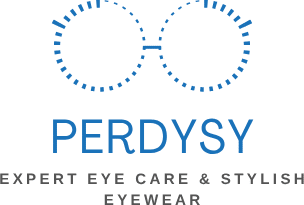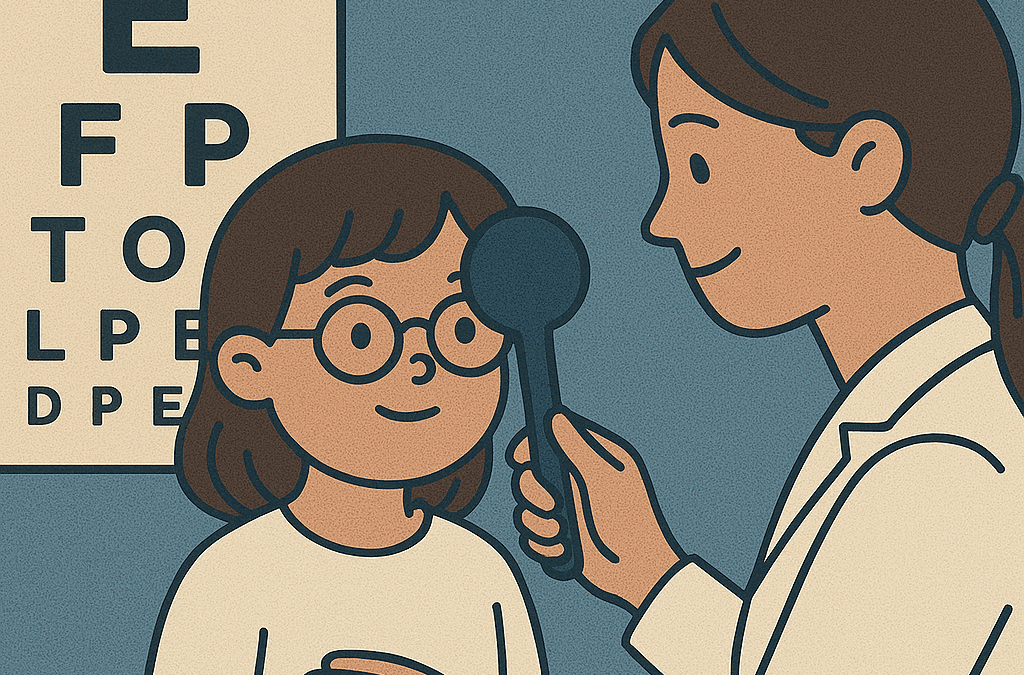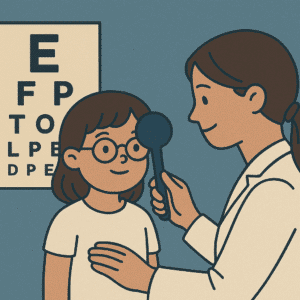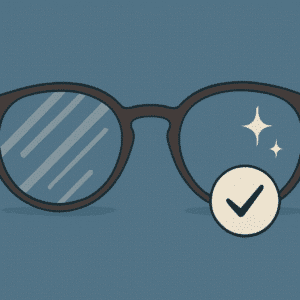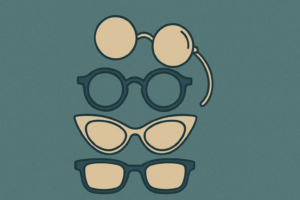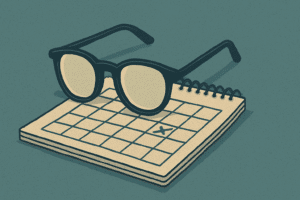A child’s vision plays a crucial role in their development, learning, and overall quality of life. Many vision problems begin at an early age but often go unnoticed due to the absence of obvious symptoms. That’s why proactive eye care is essential.
Why Early Eye Exams Matter
Children should have their first comprehensive eye exam by the age of 3, or earlier if any signs of issues appear. Early detection allows ophthalmologists to treat conditions such as:
- Amblyopia (lazy eye): When one eye doesn’t develop proper vision.
- Strabismus (crossed eyes): Misalignment of the eyes that can cause depth perception issues.
- Refractive errors: Nearsightedness, farsightedness, and astigmatism can all affect learning.
The earlier these conditions are treated, the better the outcome.
Signs Your Child Might Need an Eye Exam
Even if your child doesn’t complain about their vision, look out for these red flags:
- Squinting or tilting their head
- Sitting too close to screens or holding books very close
- Rubbing their eyes frequently
- Complaints of headaches or tired eyes
- Avoiding reading or struggling in school
School Screenings Are Not Enough
While school vision screenings can identify some basic vision issues, they often miss more subtle problems. A full eye exam by an ophthalmologist or optometrist offers a more accurate and complete assessment of eye health and vision function.
Creating Healthy Eye Habits
To support good eye health:
- Limit screen time, especially before bed
- Encourage outdoor play for natural light exposure
- Ensure proper lighting while reading or doing homework
- Make regular eye exams part of your family’s wellness routine
Final Thoughts
Your child’s eyes are their window to the world. Regular checkups, early detection, and good habits can make a big difference in their ability to learn, grow, and thrive. Partner with your ophthalmologist to ensure your child’s vision stays sharp now and into the future.
